 Consulting dietitians’ expertise enhances health outcomes.
Consulting dietitians’ expertise enhances health outcomes.
Eating well can be a health challenge for elders living in care communities. Factors that make it harder for your residents to maintain proper nutrition include:
- Loss of appetite due to isolation and depression
- Dietary restrictions
- Medicines that affect how food tastes or take away the urge to eat
- Reduced sense of smell and taste
- Problems with chewing and swallowing food
Your dietitian consultant ensures your community meets and exceeds customer satisfaction and regulatory requirements by:
- Writing diet orders that are individualized and honor the resident’s wishes and food preferences
- Creating a nutrition care plan that is individualized for each of your residents to provide the best menu options for optimal health and pleasurable meals
- Monitoring weights for each resident to ensure that any negative fluctuations are addressed immediately
- Monitoring food service operations for safety and sanitation issues; an observant well-trained consulting dietitian can spot problems before they become citations
- Assisting your food and dining manager in balancing nutritious meals with food costs
- Monitoring residents requiring tube feeding and those who are on dietary restrictions
- Offering alternatives to high-cost commercial supplements for residents who are experiencing weight loss or nutritional depletion
- Working with family members and senior care residents to help them understand their dietary struggles, and why nutrition is so important to their well-being
- Working with the management of the senior living community to ensure that residents’ rights associated with food and dining are being respected
- Providing group nutritional counseling
- Training food service employees and preparing disaster plans
- Being present during state or federal surveys and offering plans of correction for food and dining citations
What are the qualifications of a dietitian consultant?
Meeting the challenge of creating dining services for people living in assisted living or a skilled nursing community is the job of a registered or licensed dietitian/nutritionist, (RD/LDN) However, the unique challenges of maintaining optimum nutritional status in the senior living community requires additional training or experience in long-term care nutrition. When choosing a dietitian consultant, make certain that he or she has adequate experience in caring for frail elderly people and fully understands state and federal regulations for ALFs and nursing homes.
To work in an assisted living or skilled nursing community, most states require dietitians to be licensed or registered. The requirements for licensure or registration include the completion of a bachelor’s degree program, supervised practical experience and passing an exam; however, while licensure is offered through the state, registration is available through the Commission on Dietetic Registration (CDR) which qualifies dietitians for licensure. Maintaining the credential requires completing continuing education (CEUs for dietitians) on a routine basis.
Dietitian consultants need to understand local, state and federal regulations, as well as be up on of the latest best practices in order to convert the science of eating healthy into the habits of healthy eating. Registered dietitians also need the organizational skills to balance senior nutrition with the costs of creating nutritious meals for assisted living menus and those of skilled nursing homes.
Is it better to hire a registered dietitian or work with a dietitian consultant?
Typically, care communities hire dietitians in two ways — as full-time employees or as part-time consulting dietitians. To learn more about the differences and determine which option is best for your care community, read last months post, Should you Hire a full time Dietitian or a Dietitian Consultant for your Senior Living Community?
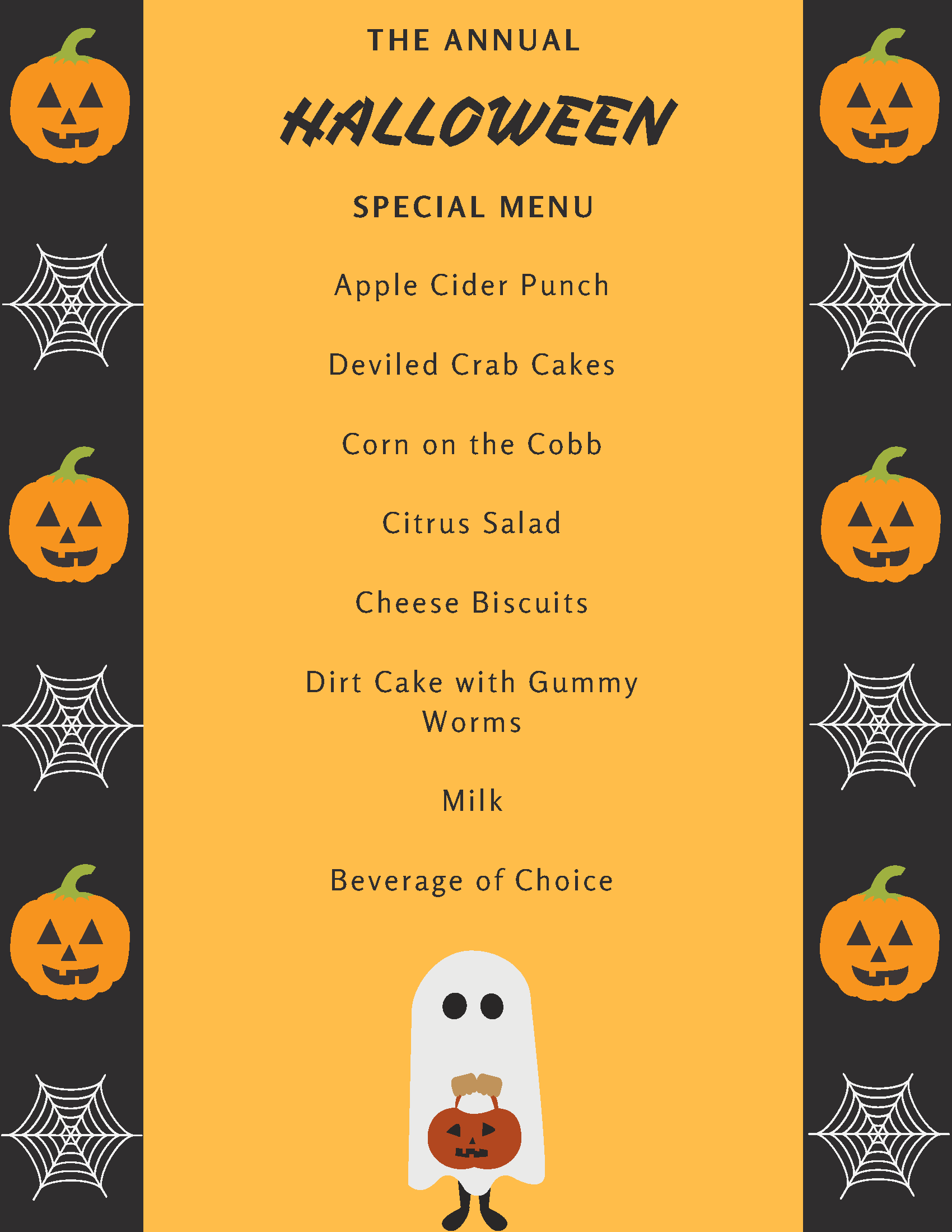
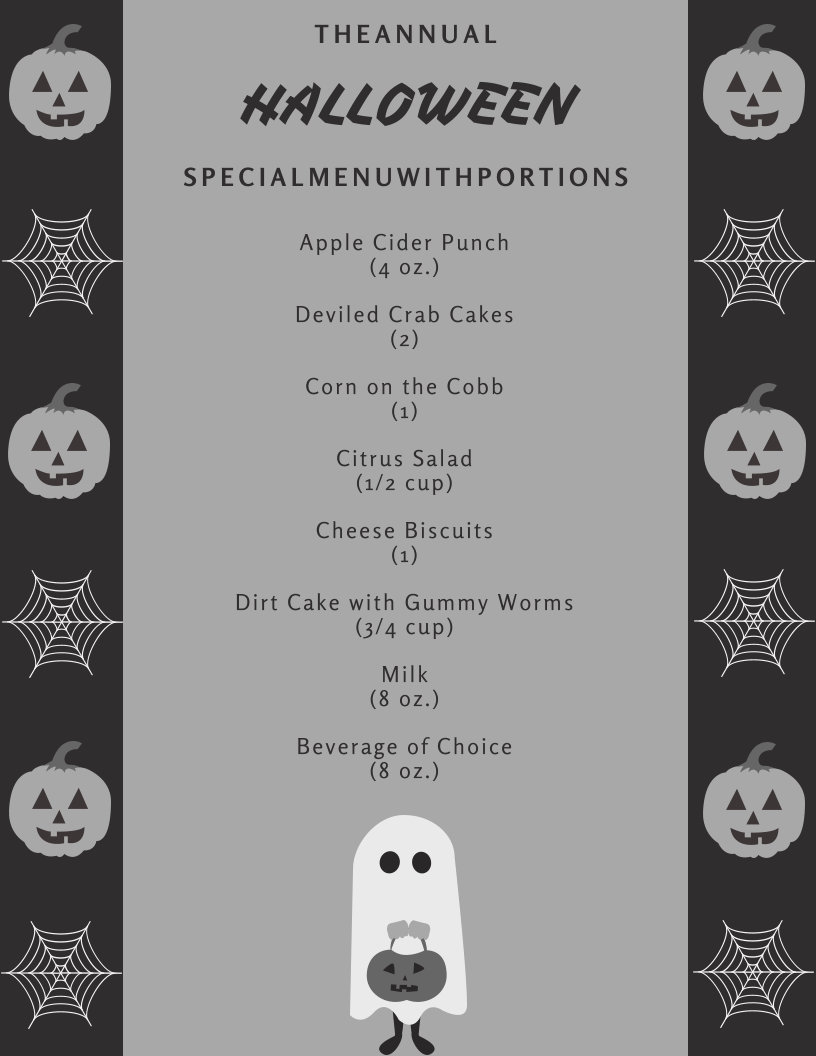
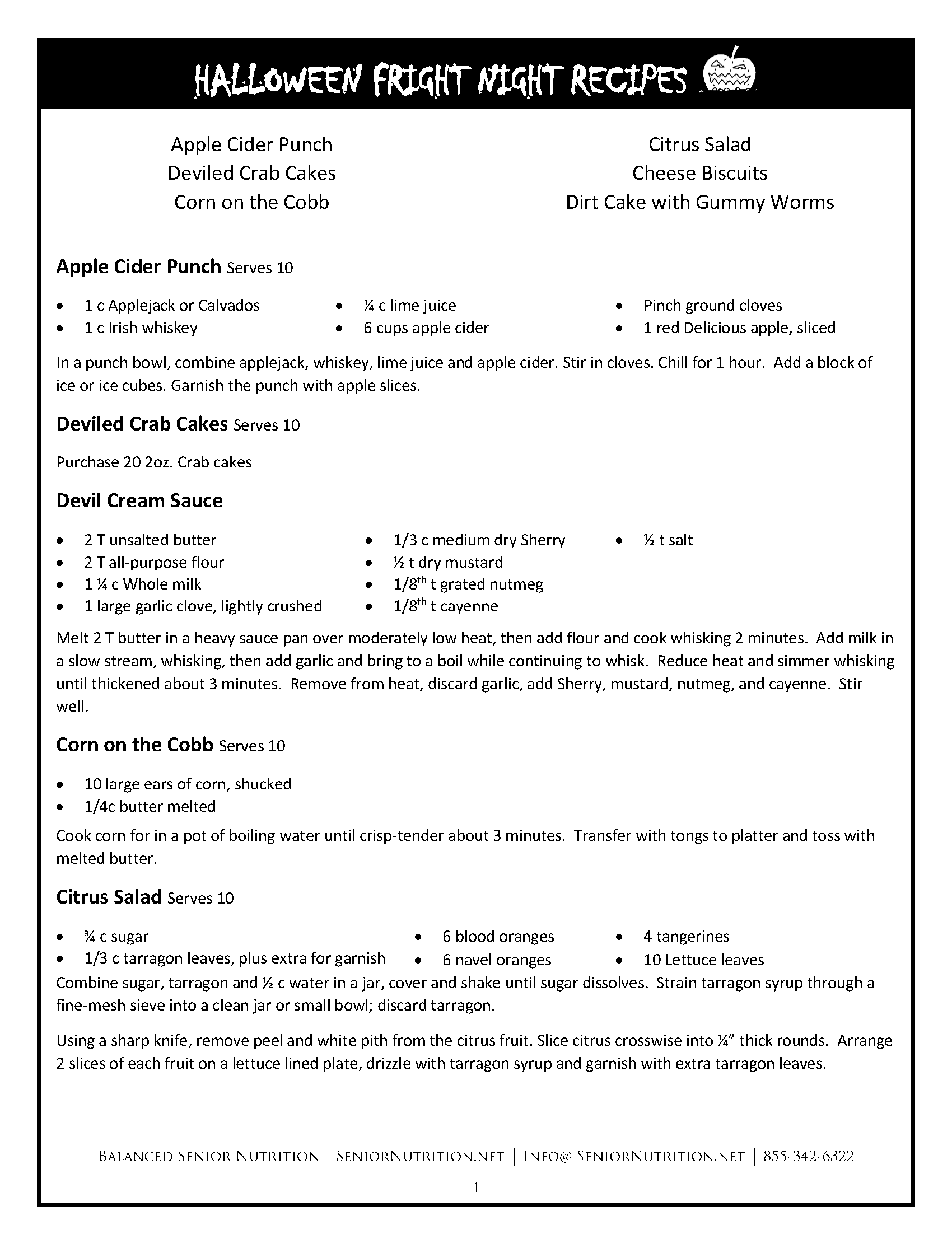
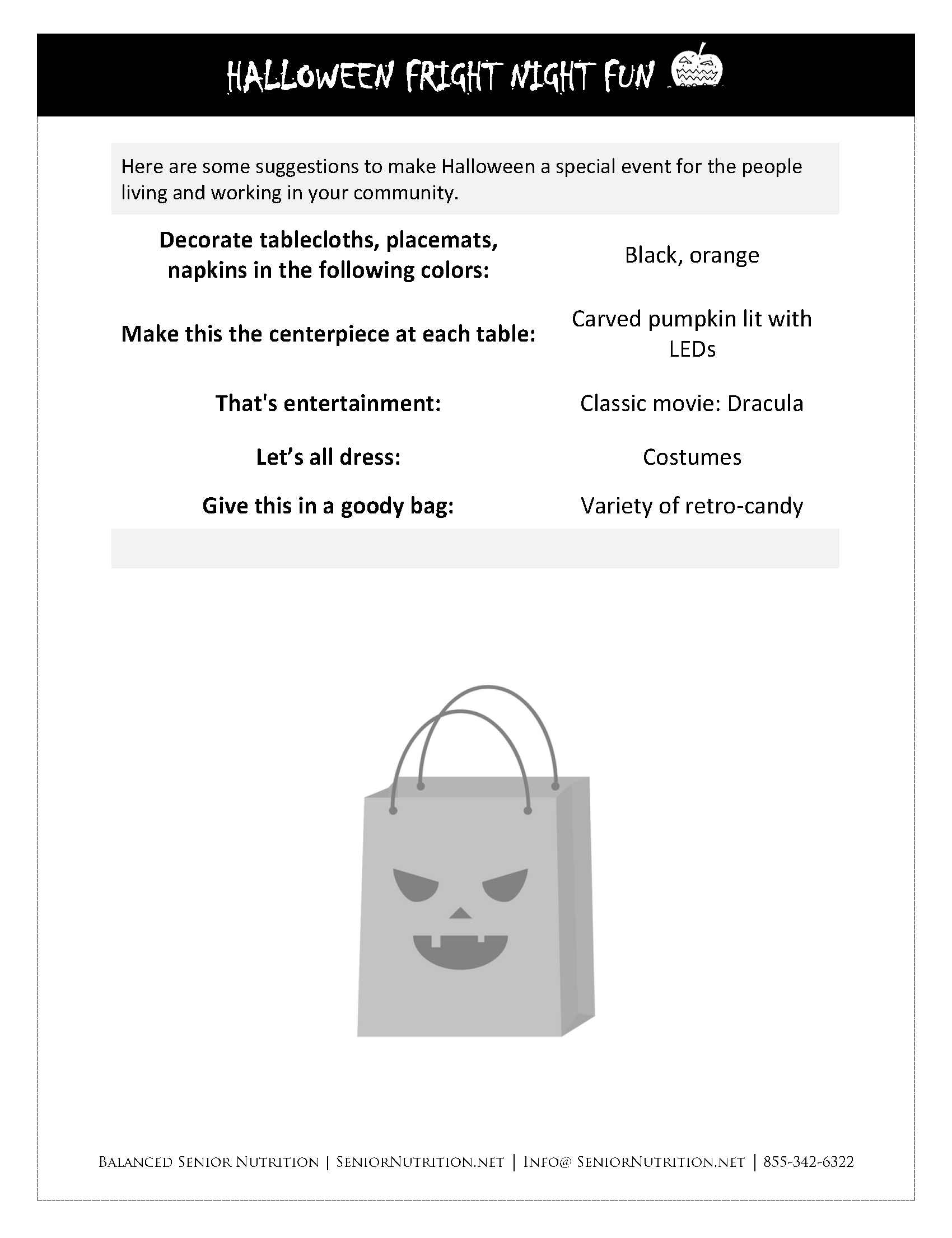
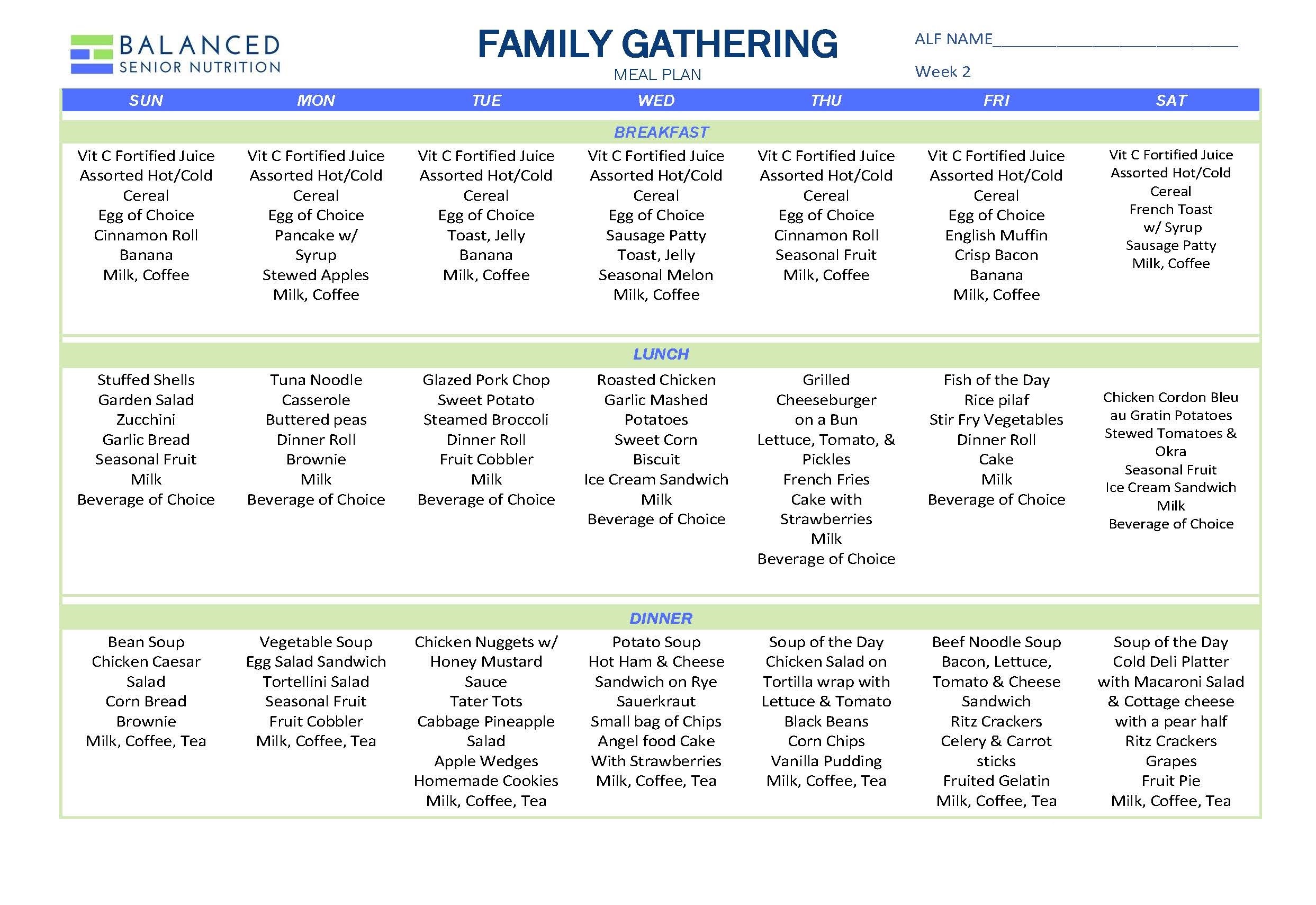
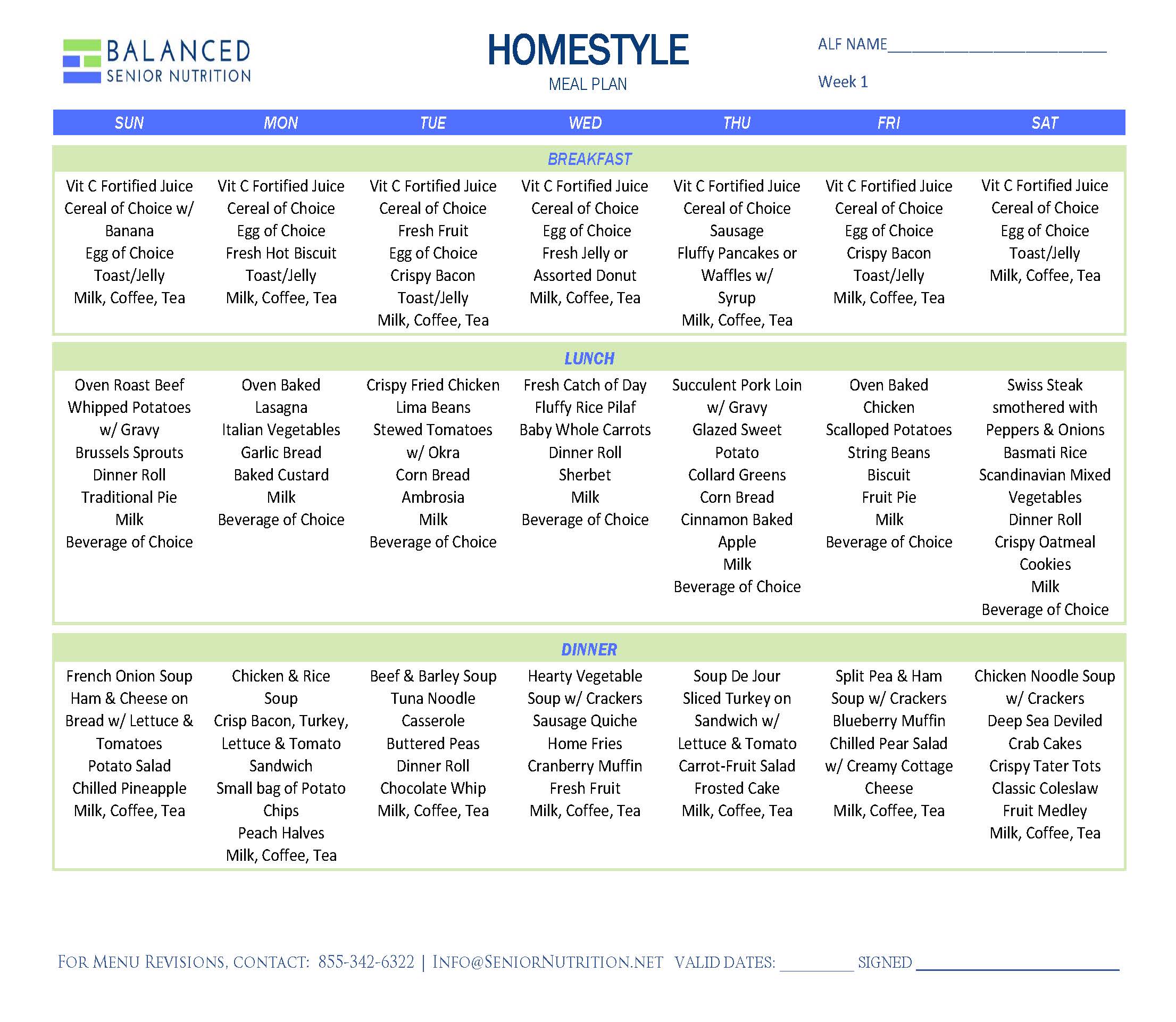
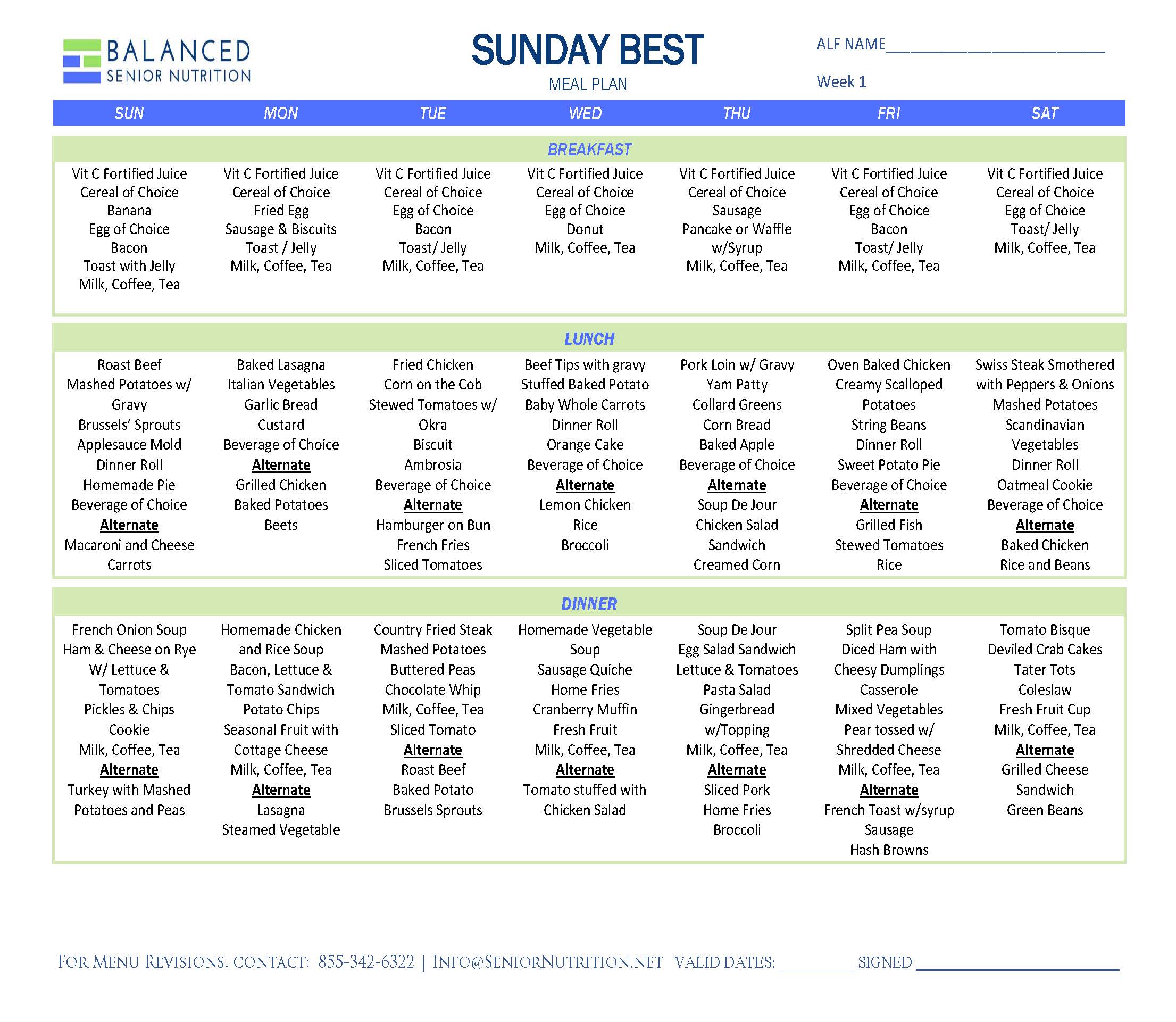
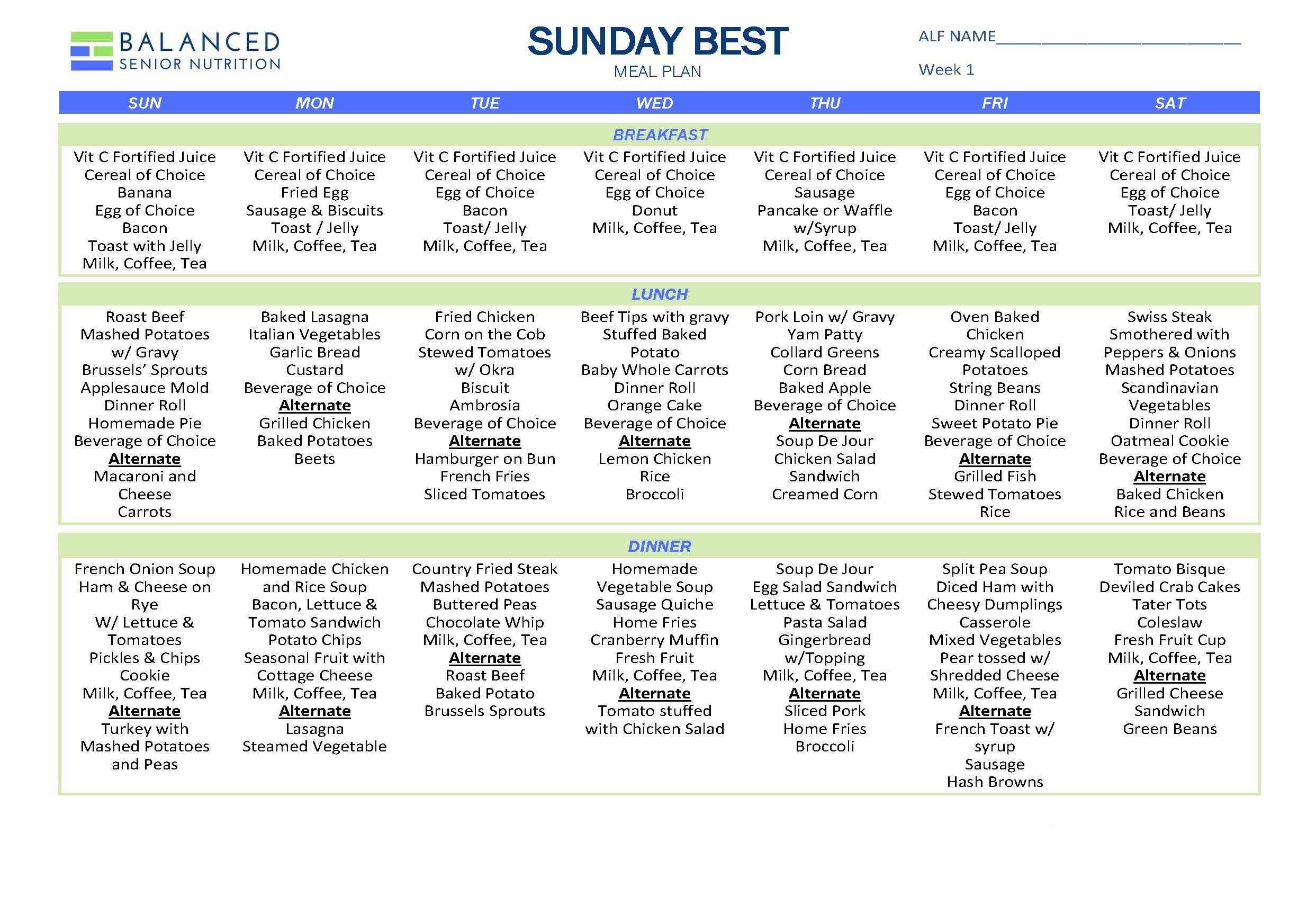

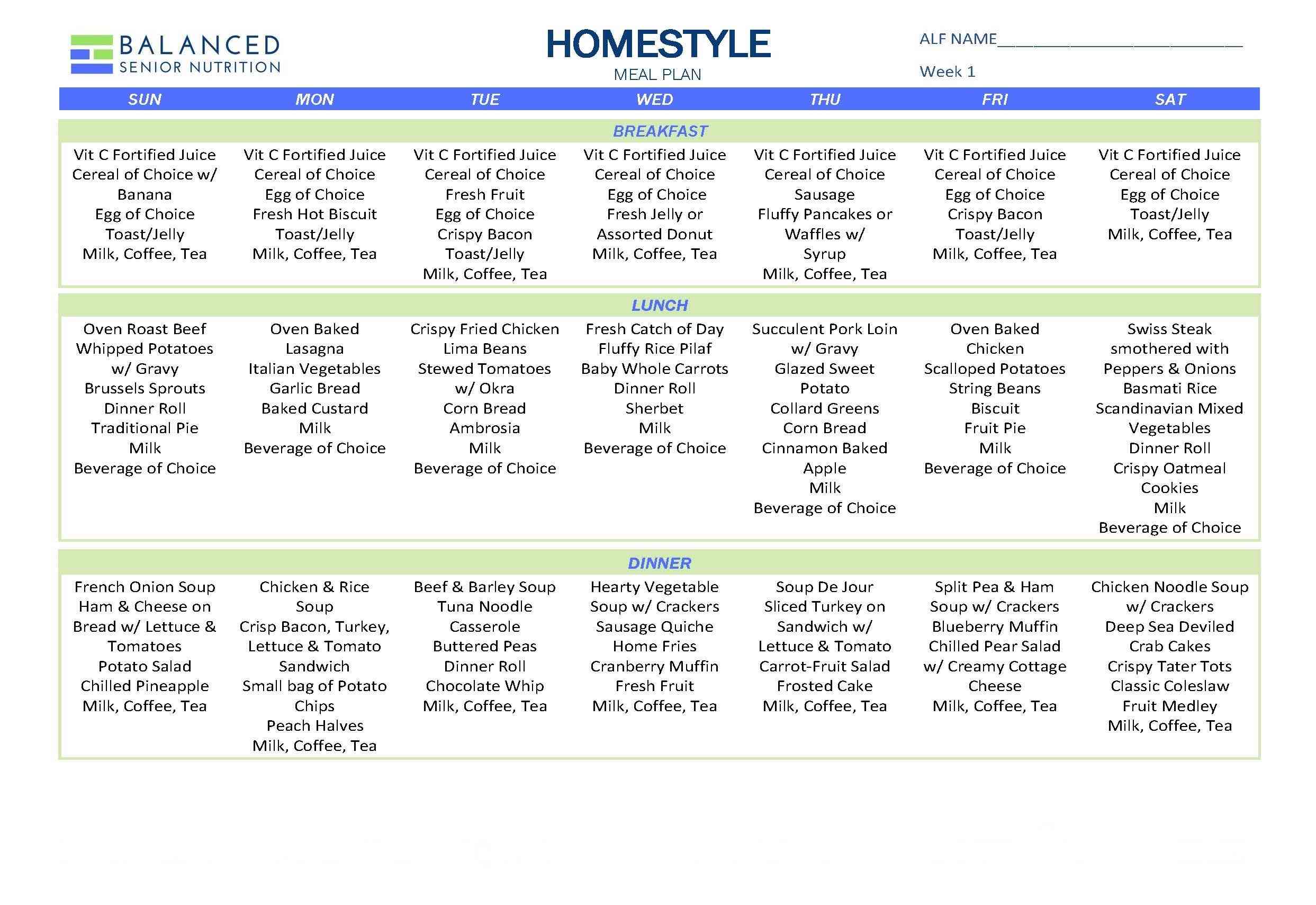

4 Responses to What can you Expect from a Dietitian Consultant in your Senior Living Community?